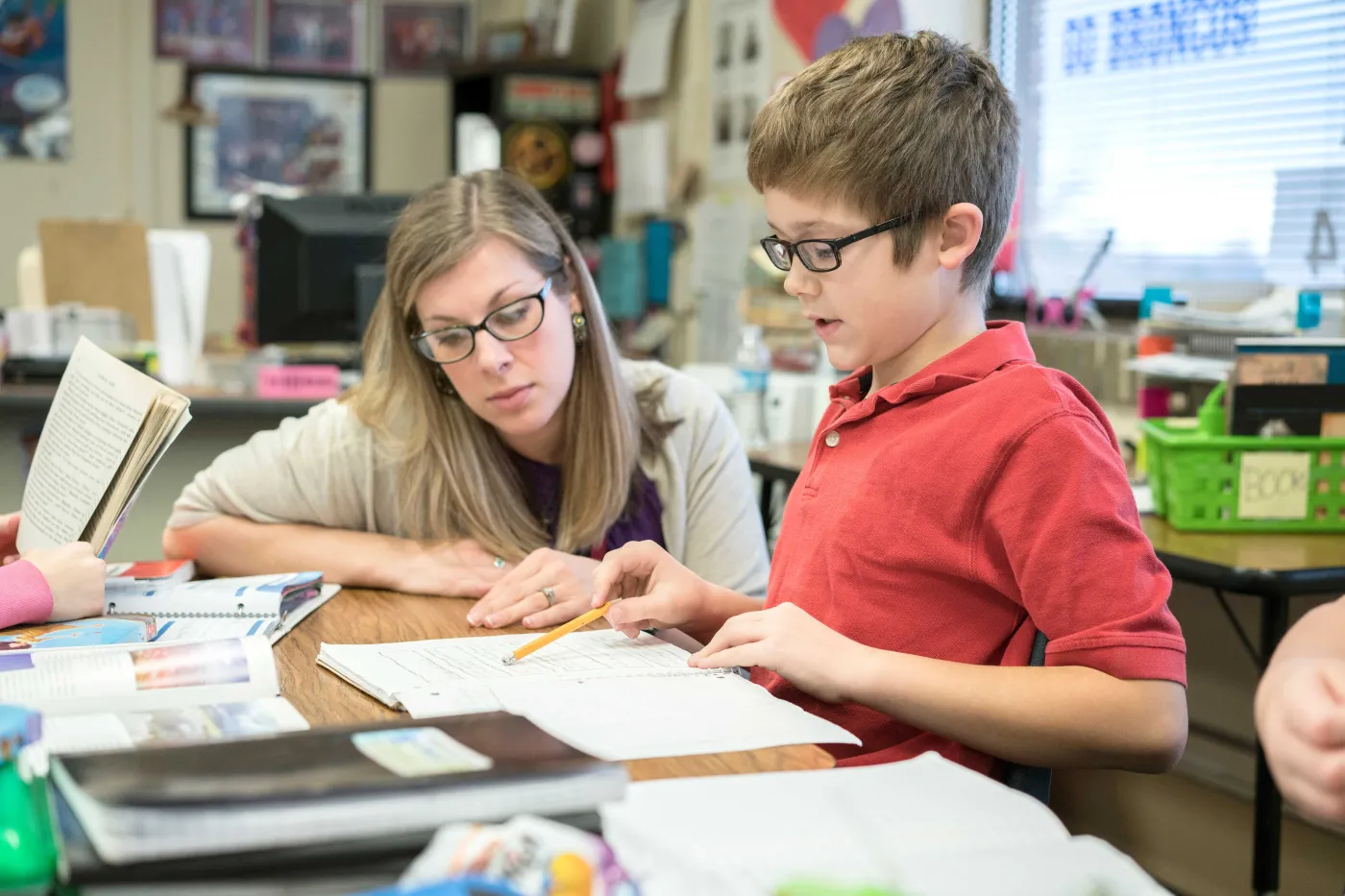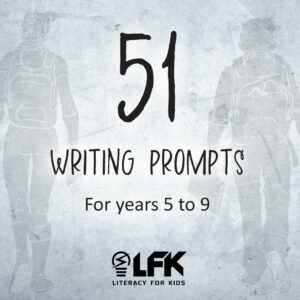Explaining Reading: Monitoring and Questioning

#2. Monitoring & Questioning
Comprehension is an active cycle of mental activity. Last week we discussed Predicting ~ but this is only the beginning process of seeking meaning. The cycle continues as students move into the text.
Basically, they monitor, question and, if necessary, they abandon the prediction they made earlier and form new predictions.
Monitoring and Questioning are the Strategic Heart of Comprehension
Monitoring is a process of talking to oneself about whether the meaning being encountered is the meaning anticipated – that is, “Is the prediction I made coming true?” Questioning is a process of talking to oneself about whether the meaning makes sense – that is, “Does this make sense? Is this what I had predicted was going to happen?“
Good readers seem to do it ‘naturally’, however struggling readers often operate under the falsehood that meaning will ‘come to them’ as they decode words.
| This cycle of thinking can be difficult to teach. Predictions are made then must be dismissed and replaced by new predictions. Finally, it takes energy – our students cannot coast along passively. |
How Will You Know You Need to Teach Monitoring, Questioning & Repredicting?
The situation: Students read orally without proper phrasing and intonation. When asked questions about their reading, they guess or do not answer at all.
* Conceptual Understandings That Must Be in Place *Students need to understand:
|
So, what is the “secret” to doing it?
Students must:
- Keep the original prediction in mind.
- Keep questioning whether that prediction continues to make sense as you read new information in the text.
- Use new information in the text and prior knowledge about that information to make new predictions.
How do you know if your students are successful in this skill?
Students will able to share the mental self-talk they did during reading. As an example, they will be able to describe where their monitoring caused them to pause and reconsider, the questions they asked themselves during reading and the times they needed to either modify a prediction or abandon it altogether and create a new one.
Applying it to Writing
This has a direct flow on effect. Students become better writers if they think about how they read. Their writing will make more sense if they are conscious of the monitoring-questioning-re-predicting cycle. After all, this thinking will help minimise the amount of questioning and re-predicting their readers will have to do!
Want your students to finish strong in their literacy? Want more from your literacy program? Contact us for a 30-day free trial in your school or classroom. New schools receive this terrific Teaching Resource: 51 Writing Prompts. These are a complete hit with our schools and you will not be disappointed with these image-rich, kid-centred Writing Prompts that will enthuse your writers.




Check out our blogs for more ideas and tips.
7 Parent friendly tips for comprehension
Get boys reading in the digital age
What to do when your son hates reading – 6 top tips
Brought to you by Tanya Grambower
